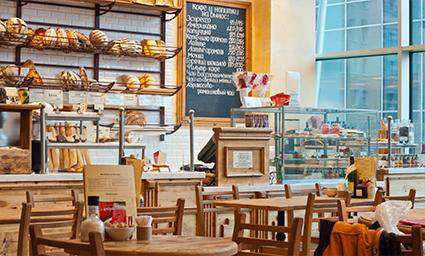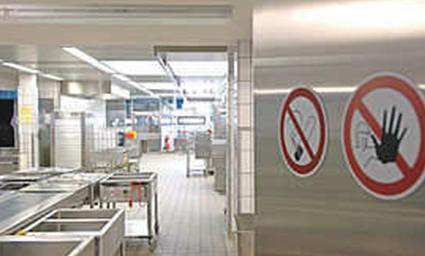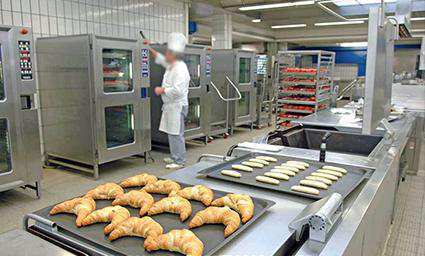
The effect of pests on food can result in health hazards, thus jeopardizing the survival of the businesses within this industry.
With more than 50 years of experience, Defon has developed an Integrated Pest Management (IPM) system and effective hygiene methods that meet this sector's challenges. The services are specially structured to cover all HACCP requirements and can be tailored to suit the individual needs of restaurants, bars, bakeries, pastry shops, catering businesses, supermarkets, food factories, etc.
Defon’s prompt response and efficiency, in line with its discretion and confidentiality, ensures the good reputation of its clients businesses along with their product brands.

This sector incorporates many different businesses such as restaurants, bars, bakeries, pastry shops, catering businesses, supermarkets, food factories, etc. The effect of pests on food can result in health hazards, thus jeopardizing the survival of the businesses within this industry. Defon, based on its years of experience, adapts to the individual needs of each one of these businesses and treats them accordingly.
Reasons to control pest infestations
Some of the most important reasons to control pest infestations in these businesses include:
- Protecting the health of any person in the premises that could be at risk in a pest-infested environment, by:
- preventing direct transmission of diseases from pests to humans, e.g.
- Malaria caused by protozoa of the genus Plasmodium, transmitted via mosquito bites.
- preventing indirect transmission of diseases from pests to humans caused through contamination of water and/or food and/or surfaces with pathogens, e.g.
- food poisoning caused through transmission of E-coli bacteria via flies, cockroaches etc.
- Weil’s disease (leptospirosis) caused by bacteria of the genus Leptospira, transmitted via rodent urine.
- preventing a loss of food products due to deterioration and/or consumption and/or destruction of them and/or their packaging caused by pests. This category includes the recall cases of infested products, often the entire batch.
- preventing structural and property damage, e.g.
- rodents may gnaw at wiring causing short circuits and even fire.
- Protecting any person in the premises from the distress caused by pest presence.
- Preventing loss of customers and damage to reputation that occurs when the news of pest presence is communicated, resulting in a further decline of clientele.
- Preventing the imposition of sanctions by the health authorities that range from fines up to suspension of the operating permit and prosecution of the owners.
Pests relevant to this sector
Pests that are frequently detected and cause major problems in these businesses are listed below. For additional information refer to section: Pest library.
Stored product insects
Rodents (mice, rats)
Cockroaches
Flies
Ants
Drosophila
Wasps
Mosquitoes
Midges
Termites and other Wood-boring insects
Birds
The solution offered by Defon
In these businesses, where strict hygiene and zero-tolerance of pests is required, Defon, implements its Integrated Pest Management (IPM) system which covers all HACCP (Hazard Analysis and Critical Control Point) requirements. The following is a general description of this system’s methodology, detailing some characteristic examples.
-
The development and implementation of an Action plan.
-
Service report submitted within the Report folder.
This sector attracts pests, presents a high risk of infestations and an increased public health interest. For ongoing protection and detection of infestations from the start, it is proper for pest control contracts to include frequent supervision rather than solely treatments.
The most significant problems are identified on the Site survey, during which Defon investigates:
- Open doors and windows, e.g. special attention is given in loading areas.
- Inadequacies to structure and proofing of premises.
- Hygiene standards, such as cleaning methods and schedules.
- Areas where only staff are allowed "back of house", such as food preparation, maintenance, server room and control room, offices, staircases, engine rooms, etc. Also included here are the storage areas, for additional information on this topic refer to Warehousing sector.
- Areas that are accessible to clients "front of house" such as entrance hall, dining rooms, product sale or display areas, staircases, toilets, etc.
- Every stage from "purchase to service" of food-related products, such as purchasing of raw materials, storage, processing, packaging, etc., including distributing, selling and serving.
- Availability of adequate de-boxing facilities for checking supplies for pests.
- Difficult areas to access, such as false ceilings and floors, where pests could remain undetected until it’s too late.
- Surrounding areas, such as garbage disposal, gardens, garages, etc.
In certain circumstances, where necessary and possible, specialized Fumigation services can be carried out, amongst others. These treatments are offered on several occasions, from silos, supplies, infested items to entire premises, etc.
As part of Defon’s Integrated Pest Management (IPM) system, support can be offered to client’s staff through Consultation Services with education and training regarding prevention of pest problems and best hygiene practices.
For more than 50 years whilst being contentiously updated with the latest technology in its field, Defon undertakes the responsibility of protecting restaurant, catering and food industries. With a prompt response, an efficient, confidential and discreet service ensures the good reputation of any business in this sector along with their product brands, whilst keeping health, safety and the environment in mind.






